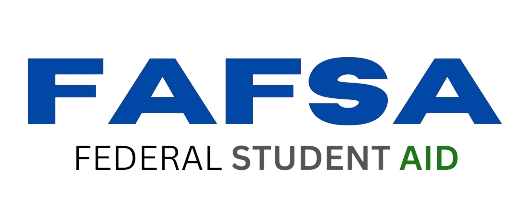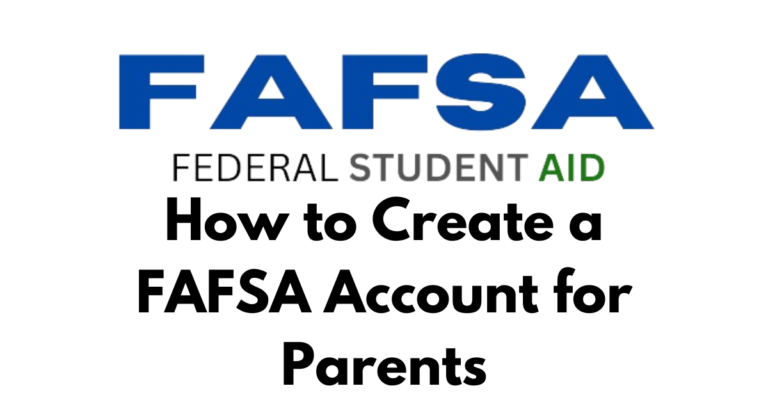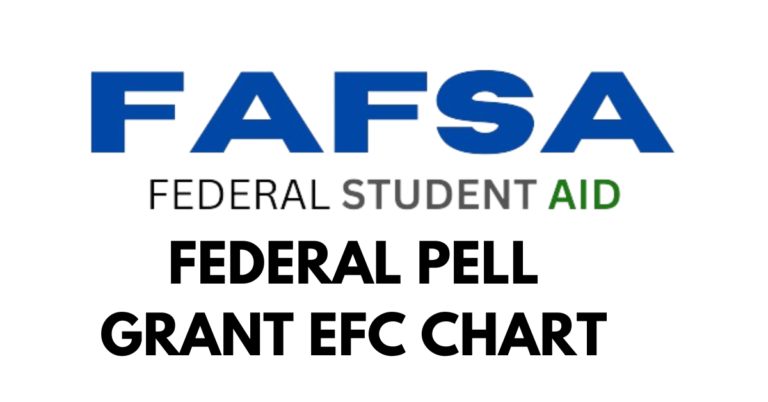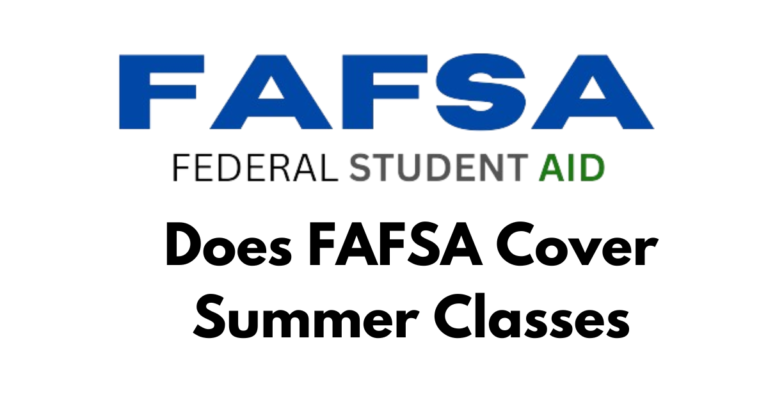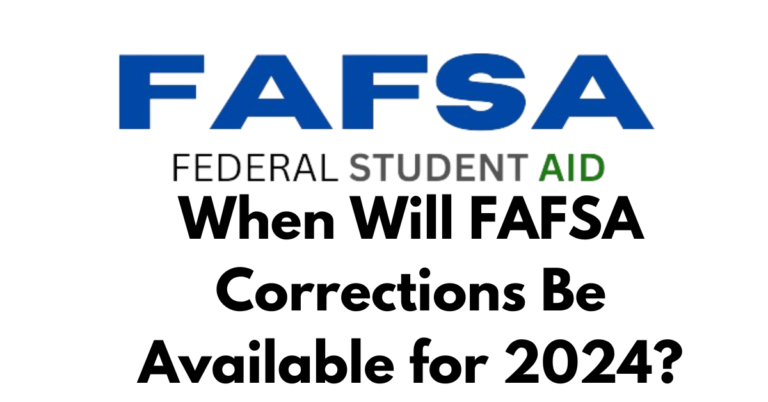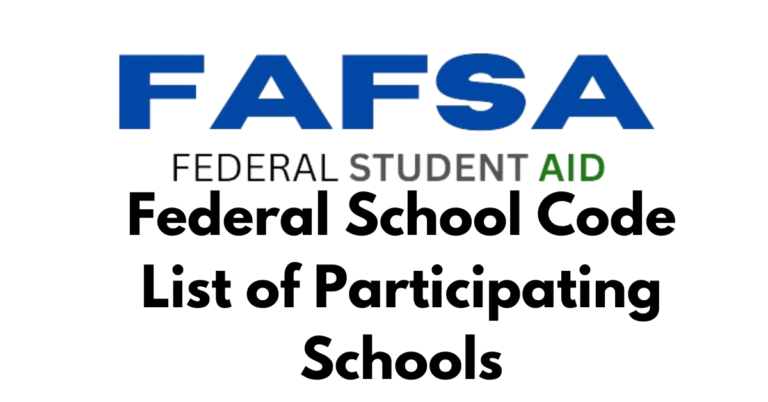Why FAFSA May Not Request Your Income Information

For many applicants, the Free Application for Federal Student Aid (FAFSA) requests detailed financial information to determine eligibility for aid. However, there are scenarios where income information may not be required. Understanding these instances can help you through your application process more effectively.
Reasons
- Automatic Zero EFC Eligibility: When determining if you qualify for financial aid, FAFSA assesses household income and family size to calculate your Expected Family Contribution (EFC). Families with very low income might qualify for an ‘automatic zero EFC,’ which means the student is eligible for the maximum federal aid. This status typically exempts you from further income verification under the FAFSA qualifications, simplifying your application process. Knowing whether you meet these financial aid qualifications can help you anticipate the amount of aid you might receive.
- Simplified Needs Test: The FAFSA incorporates a Simplified Needs Test that exempts certain applicants from declaring their assets and some income details based on their family’s income level. This is designed to streamline the application process for those likely to demonstrate significant need.
- Dependent Student Status: For dependent students, the focus is primarily on parental income. If your own earnings are minimal, FAFSA may not require this information, as parental financial details provide the necessary insight into your financial situation.
What to Do if Your Income Isn’t Requested
- Verify Application Accuracy: Double-check your dependency status and ensure all personal information is correct. Errors could inadvertently bypass necessary sections of the form.
- Utilize FAFSA Resources: Consult FAFSA’s help tools or FAQs to understand specific application dynamics. These resources can clarify why your income details may not be required.
- Contact Financial Aid Office: For personalized advice, reach out to the financial aid office at your intended institution. They can provide specific guidance and help ensure your application reflects your financial need accurately.
Conclusion:
While not all applicants will need to report their income, ensuring that your FAFSA application is complete and accurate is crucial. If you’re unsure why your income wasn’t requested or believe it should have been, proactive steps such as verification and consultation can safeguard your aid eligibility. Understanding the details of the FAFSA application can help you better handle the complexities of financial aid and secure the support you need for your educational journey.
